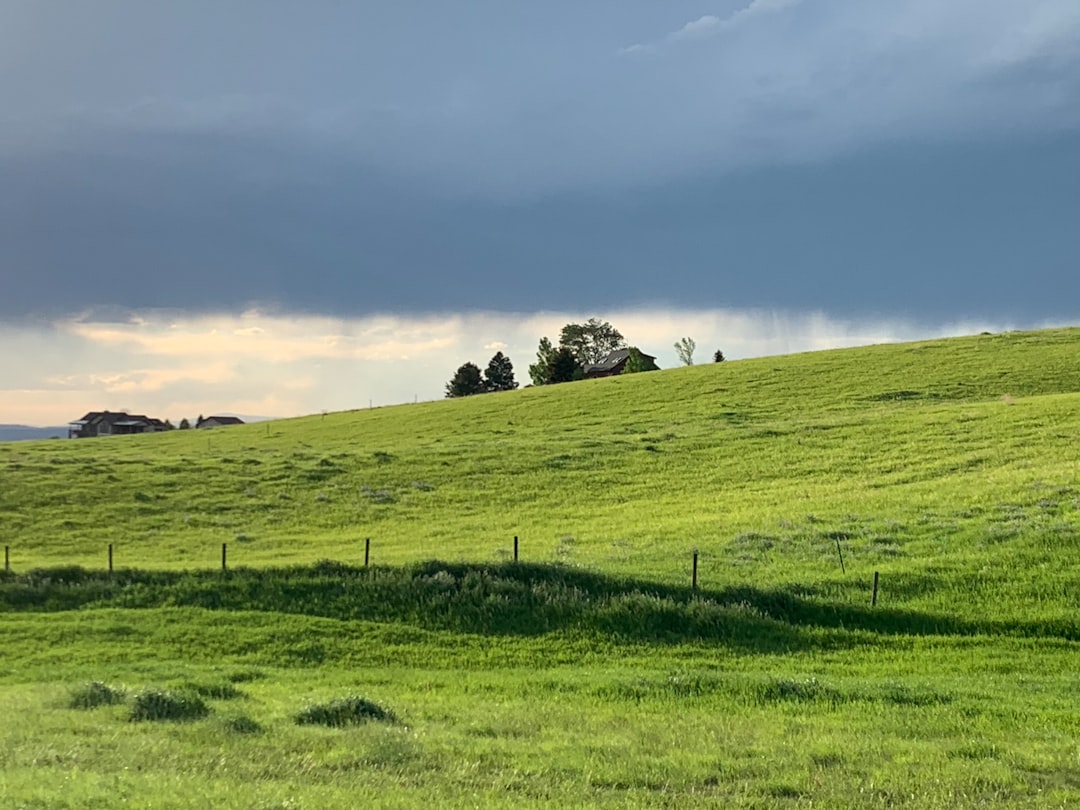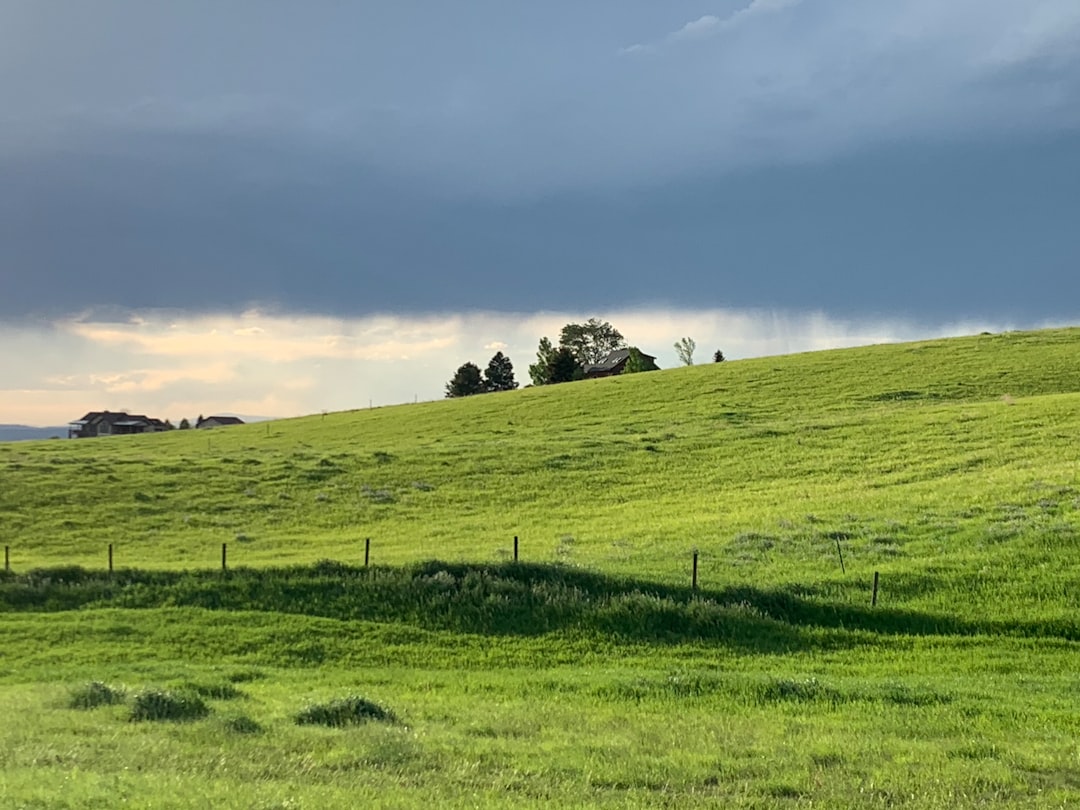Religious communities in Pinesdale, Montana face unique challenges with text message privacy due to digital communication tools. A 'lawyer for Spam Text Montana' can help these groups navigate data protection laws and ensure private discussions remain secure. By implementing robust opt-in systems and clear consent protocols, religious organizations can maintain strong member relationships while complying with legal obligations, guided by the expertise of such a lawyer.
In an era where digital communication dominates, religious communities in Pinesdale face unique challenges regarding text privacy. This article explores how these communities navigate sensitive conversations through understanding and addressing text privacy concerns. We delve into the legal frameworks that safeguard members’ rights, offering insights on effective strategies for communication and compliance. For those seeking guidance in Montana, connecting with a lawyer specializing in spam text cases can provide tailored support, ensuring religious groups maintain secure communication channels.
Understanding Text Privacy Concerns in Religious Communities

In the digital age, religious communities in Pinesdale, like many others, face unique challenges regarding text privacy. With the proliferation of mobile devices and messaging apps, members often engage in discussions that touch on sensitive topics, from spiritual guidance to community events. As such, understanding and addressing text privacy concerns is paramount for maintaining trust within these close-knit groups.
One significant issue is the potential for unauthorized distribution or misuse of private messages. This can range from accidental sharing among curious members to intentional violations by individuals seeking to cause harm. Given the sensitive nature of religious discussions, a lawyer for Spam Text Montana can play a crucial role in helping communities establish clear guidelines and legal protections to safeguard members’ text communications, ensuring that privacy is respected at all levels.
Legal Frameworks and Their Role in Protecting Members

Religious communities, like any other organization, operate within a legal framework designed to protect individuals’ privacy rights, particularly in the digital age. In the context of text communication, this means understanding and adhering to laws that regulate data protection, consent, and unauthorized contact—including spam text messages.
In Montana, for instance, there’s a strong emphasis on consumer protection, with laws like those against unsolicited commercial texts (or spam) designed to safeguard citizens from unwanted messaging. A lawyer specializing in spam text cases in Montana can guide religious groups on how to navigate these regulations, ensuring their communication practices remain compliant while respecting members’ privacy and freedom of choice regarding contact methods.
Strategies for Effective Communication and Compliance

In the digital age, religious communities in Pinesdale, like many others, face unique challenges when it comes to text privacy and compliance. Effective communication strategies are essential to maintaining strong relationships with members while ensuring legal obligations are met. One key approach is to implement robust opt-in systems for text messaging campaigns, allowing individuals to choose when and how they receive communications. This not only respects personal preferences but also acts as a safeguard against potential spam complaints.
Hiring a lawyer specializing in Spam Text Montana can be invaluable. Legal expertise ensures that community leaders understand the intricacies of text message privacy laws, such as the Telephone Consumer Protection Act (TCPA). A legal professional can guide the establishment of clear consent protocols, do-not-contact lists, and training for staff or volunteers responsible for sending out text updates, bulletins, or invitations. Regular audits of communication practices also help identify any potential issues early on, fostering a culture of compliance within the community.






